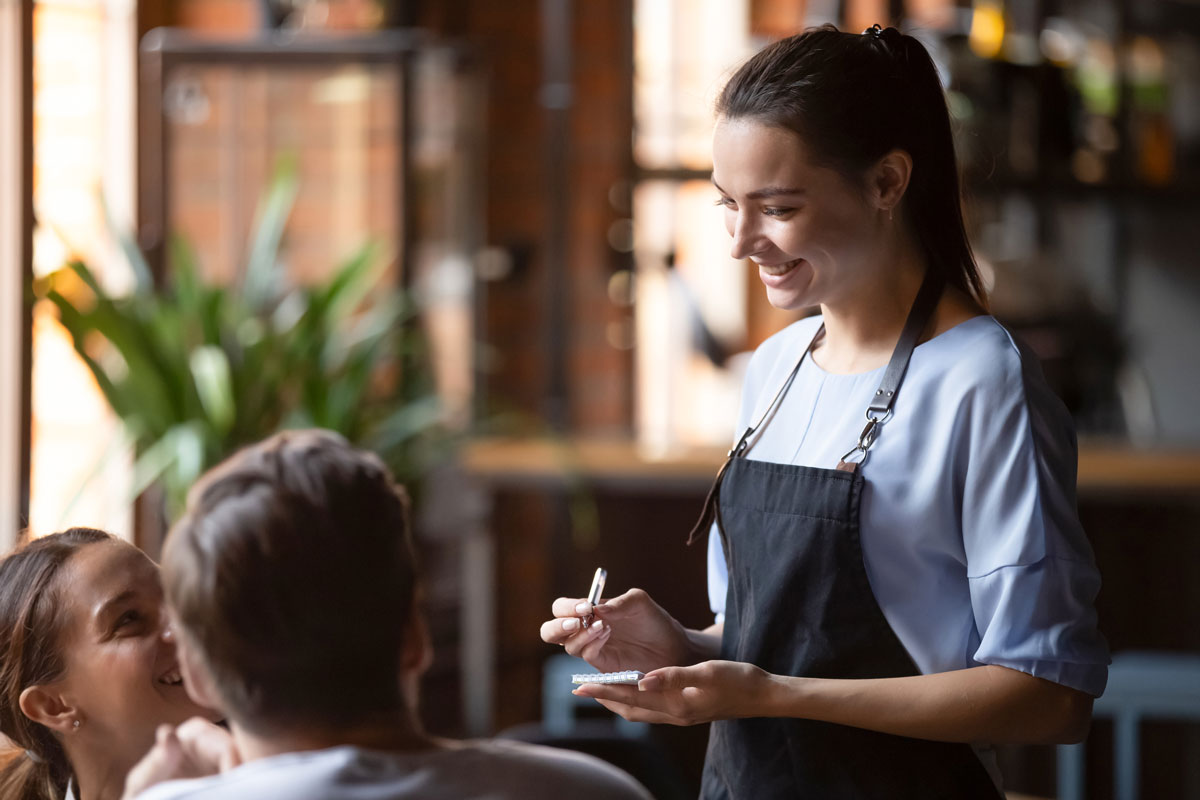
By Dave Hunter
This has been a year of reflection for SLTN as we mark our 60th anniversary and look back over some of the things that have changed in hospitality over the past six decades.
And while there have been leaps and bounds in areas including beer, wine and spirits, perhaps nowhere has there been more change than in the areas of customer service and staff training.
Needless to say, the approach to staff training in Scottish hospitality when SLTN first launched was not the formalised affair it is in many businesses today.
Trade veteran Paul Waterson, who started in his family’s pubs in the late 1960s, recalled: “I remember having ten barman behind the bar, and the training was that, when somebody came for an interview – in those days you just started everyone, because you needed so many staff – it was ‘make sure you wear a white shirt and trousers and a tie’.
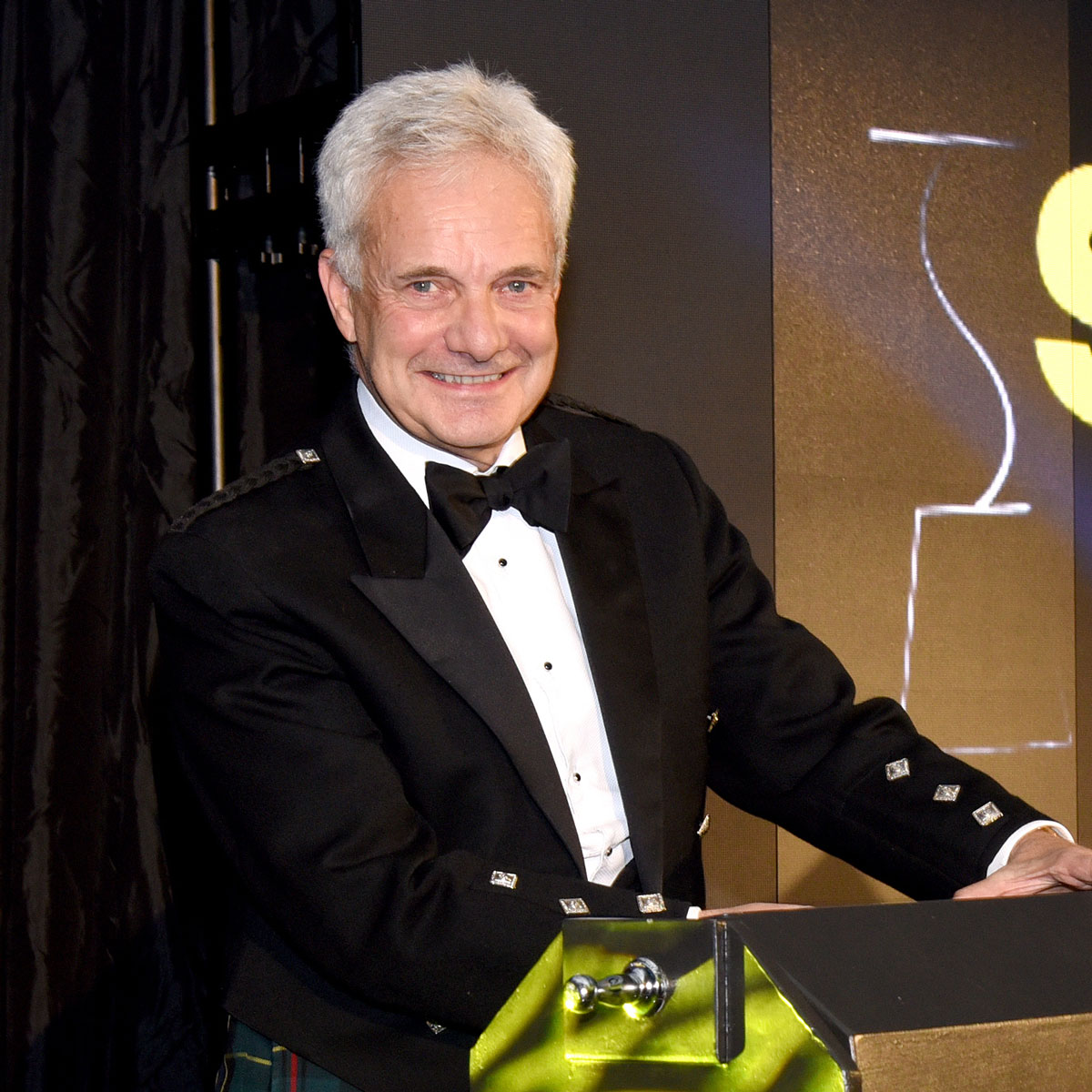
“Then they came in for their first night and it was ‘right, here’s the bar, here’s the price list, here’s the glasses, spirits are there. Do you know how to pour a pint?’ And that was your training. Because all you sold was beers and, especially for the younger market, spirits and whisky. And not much else.
“If you were quick enough you were good enough.”
Learning from those with more experience was the name of the game, said Grahame Harris, who has owned the Original Rosslyn Inn for over 50 years.
“You learned from the people you were working with, and you tended to pick the best parts,” Grahame told SLTN.
“Some were good, some weren’t. Nobody formally trained you, you just picked it up as you went along.
“It’s not until you got older that you realised the importance of having a bit of personality – not just having a zombie serving you. It’s part of the business you’re working in.”
And, of course, the trade – the entire culture – was different in the 1960s and ’70s.
“You learned from people you were working with, picking it up as you went along.”
Paul stated that, when he started in the trade, people largely only came into pubs to get drunk.
Under the 1962 Licensing Act pubs could only open between 11am and 3pm, and then again between 5pm and 10pm.
With drinking condensed into those hours, trouble was always a possibility. And that required a particular type of customer service. A strong hand was essential.
“It was all about how these really strong individuals ran pubs with great discipline,” he explained.
“No swearing. No mucking about. Make sure you say please if you ask the bar staff for something. And pubs were judged on that.”
But as the ’62 Act gave way to the 1979 Act, things gradually began to change. As pubs could now open through the day, food started to become a bigger part of the trade offer.
But it was the shifting market that really forced change, explained Paul.
“To me the next big thing that happened was the cut pricing of alcohol. And that was people coming into the business who tried to treat alcohol like any product. But it isn’t like that.
“They used marketing techniques like happy hours and cut pricing. And we had to get all that stopped.
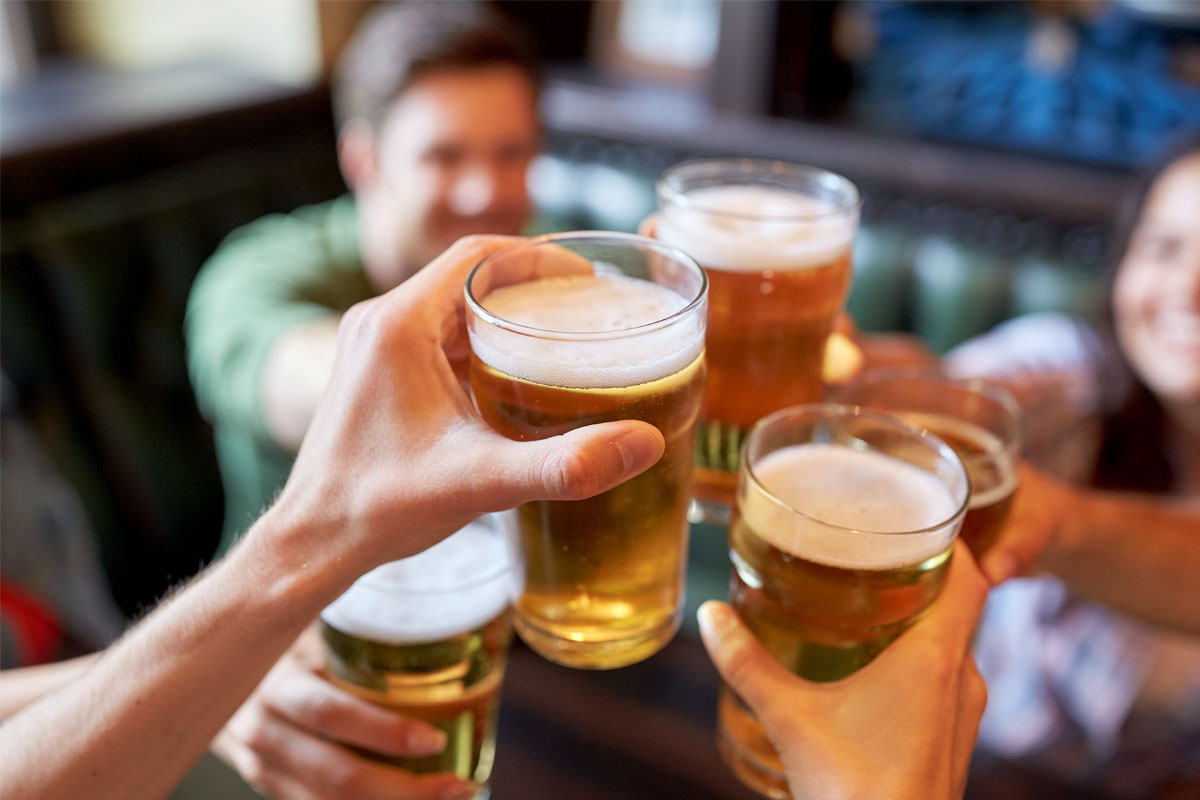
“We were coming out of a generation that went into a pub to get drunk, and then you’re saying ‘and by the way, you can do it for half price’.
“That got stopped and then the supermarkets took over. And when that happened we had to ask ourselves ‘what can we do that the supermarkets can’t?’
“And that was cocktails and different beers and a nice environment and all the things that go with that.
“And because you had to do that, the training had to change.”
As the trade grappled with consecutive challenges, from the smoking ban to Covid 19 and the ensuing explosion in costs, the business arguably became more competitive than ever.
And customer service became one of the most important factors in bringing customers back into a venue.
“Customer service is often the deciding factor in whether a customer returns to a venue,” Louise Ramsay of DG Training told SLTN.
“A single negative experience, whether it be poor service, inattentiveness, or lack of knowledge from staff, can lead to customers choosing a competitor next time.
“On the other hand, excellent service leaves a lasting positive impression, encouraging repeat visits and loyalty. The competitive nature of the hospitality trade, coupled with evolving consumer expectations, makes delivering high-quality customer service more important than ever.”
Ramsay reckoned the most important aspects of customer service in hospitality venues are attentiveness, friendliness, product knowledge, efficiency (ie fast service, refills, bill payments etc), consistency, cleanliness and the ability to work as part of a team.
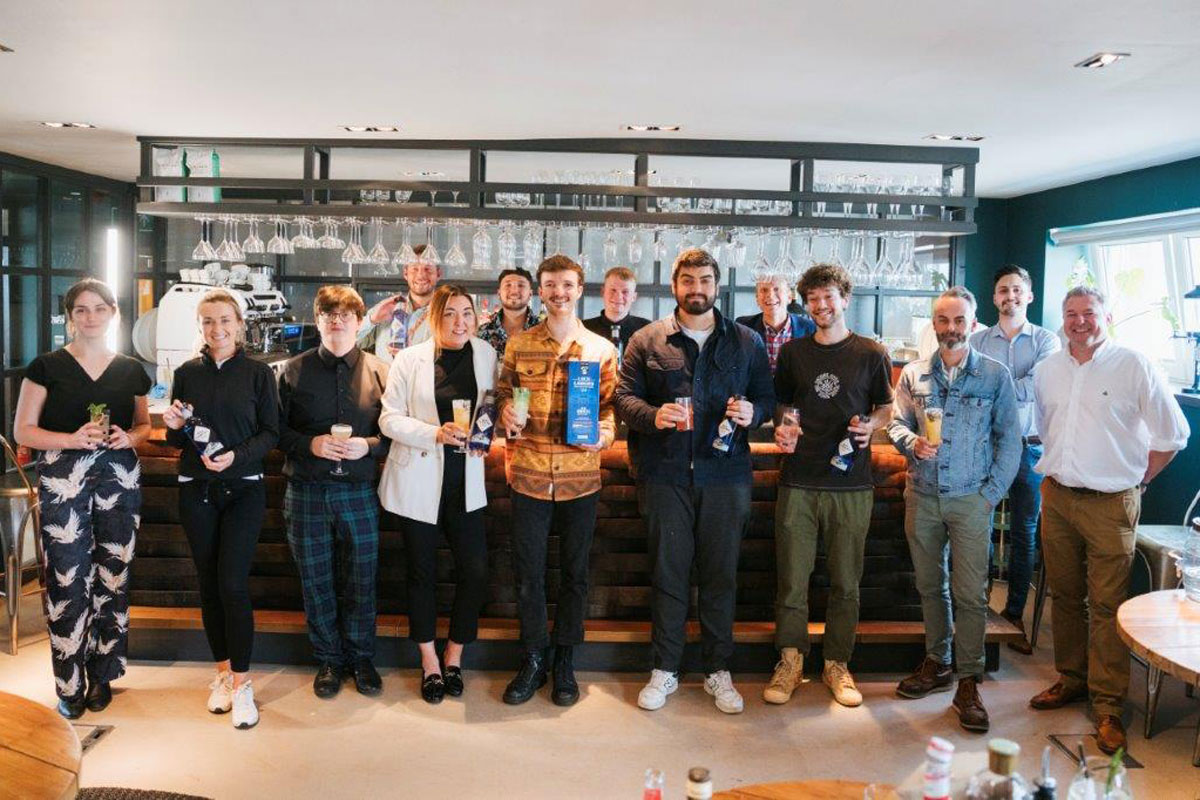
None of which is news to multiple operator Buzzworks Holdings.
The company, which operates 19 venues across the central belt, provides its staff with intensive customer service training as part of their development.
Nicola Watt, the company’s head of people, said: “A strong customer experience is vital to success in the hospitality industry – now even more so due to evolving guest expectations and the competitive landscape.
“Customers now expect highly personalised experiences, and exceptional service plays a key role in delivering this. Whether it’s anticipating guest needs, offering tailored recommendations, or providing great atmospheres, great service enhances the overall customer experience.
“Our guests are looking for memorable, unique moments which make them feel great and providing this consistently, sets businesses apart.”
Nicola added that, although technological advancements have been a boon to hospitality businesses, “customers still crave authentic human interaction”.
“A genuine, warm service is crucial for retaining a personal touch and fostering loyalty,” she said.
In order to ensure the company can deliver this experience consistently, it trains all new recruits in service standards, among other subjects, with customer service also featuring prominently in the group’s recurring training programmes.
Not all operators have the resources of a Buzzworks Holdings, of course, but training and developing staff isn’t limited to the larger independent groups.
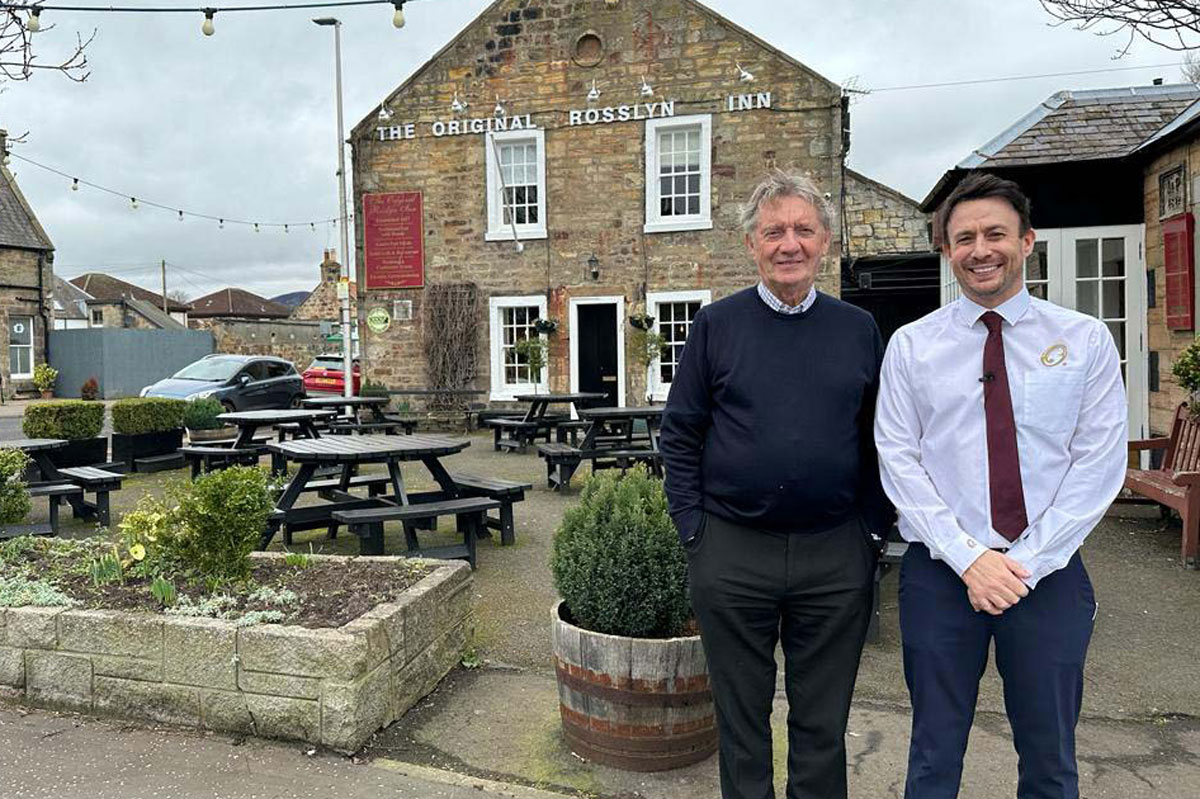
At the Original Rosslyn Inn, Richard Harris – son of Grahame, and who now heads the business – said helping staff to build their confidence as well as their skills is fundamental.
“As an employer, we have a focus on building people and bringing character out,” said Richard.
“We talk about growing your own wood – so we’ll take 16 year-olds, 17 year-olds who have no experience in a professional environment and we can add strings to their bow and develop them as people to find themselves.
“We want them to leave us with more skills than they came to us. And they won’t just be skills of setting a table. You focus on building the character and the person. You talk about values and accountability and how we go about being part of a professional team, so that when they go on to whatever career they wish to go onto, they can still look at this period they worked in hospitality as a valuable period.
“I think it’s a great place for people to come and find themselves, and find what they’re comfortable doing. And also pushing themselves out of their comfort zone, as well.”
Richard added that a recent customer service challenge has been re-training the team after the oppressive Covid period, when staff were expected to rigidly enforce pandemic-related rules.
“It became quite militant, customer service,” he said. “And the biggest challenge we’ve had is pulling the team out of that.”
And it really matters as – in Richard’s words – customers that don’t feel like they’ve had great service are less likely to spend money in hospitality in the future.
“If people don’t have a good experience, hospitality is one of the first things that’s cut.”
“As an industry, if people go out and spend £150 of their hard-earned money and they walk away thinking ‘that was really worth it, I had a really great time’ they’re likely going to spend more money in hospitality,” he said.
“If we have people that don’t deliver value for money and a good experience, (hospitality) is one of the first things that’s going to be cut from household budgets. Because it’s expendable.
“So we have to make sure we’re delivering something that’s monumental in their calendar.
“It’s creating that setting for them to have a nice time. And it’s really focusing quite heavily on that, not just about the liquid in the glass or the food that’s on the plate.”
Nicola Watt, at Buzzworks Holdings, agreed.
She said: “Today, people are less likely to spend on dining out, unless they feel the experience justifies the cost, while rising labour costs add pressure to service teams to deliver excellent experiences with fewer resources.”




















